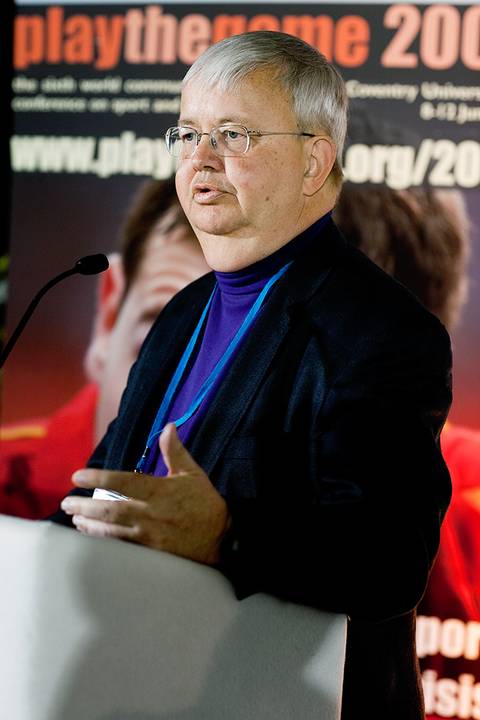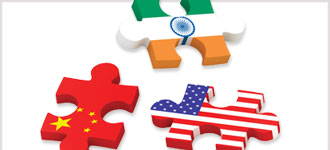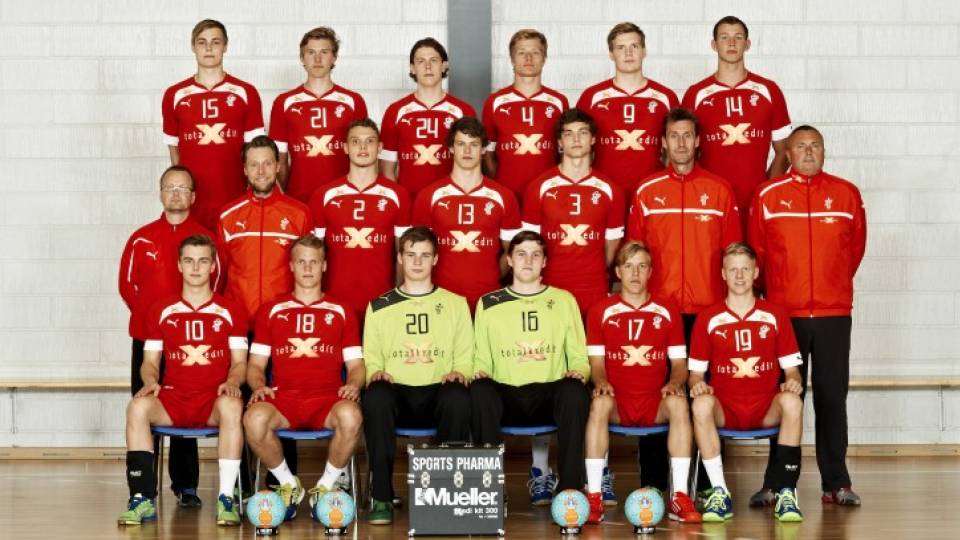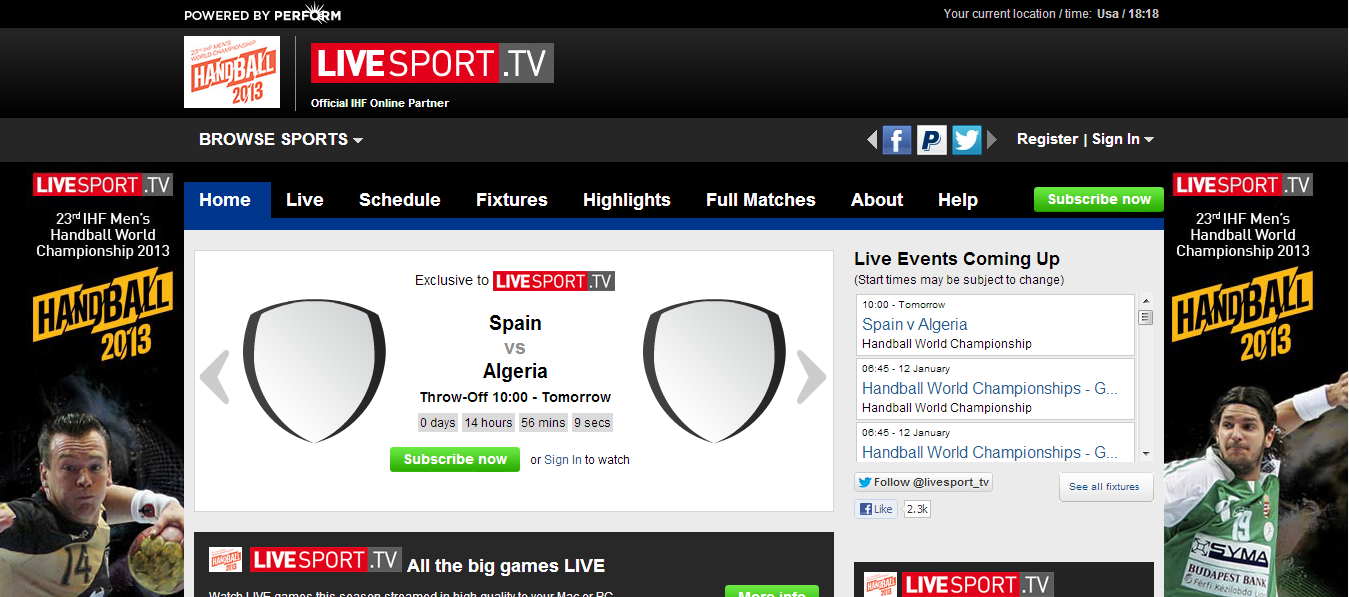
An embarrassingly small portion of the IHF budget and its technical resources are devoted to legitimate development efforts.
In part 1 of my IHF Congress preview, I reviewed the upcoming elections for some key IHF posts. In this part, I review mainly the budgeting and planning aspects..
My main concern under this heading is the traditional lack of strategic planning, and the complete silence regarding visions, goals and methods. There is no room on the agenda for a discussion of such matters. The only reporting about activities is the president’s personal report, which tends to be a retrospective about his meetings and travels, and certainly not an explanation of the big picture. Similarly, during my many years in the IHF, there was no attempt to discuss broad strategies and goals in the Council, and I cannot imagine that this has changed after the president became a full-time occupant in the office in Basle, with a focus on micromanaging the activities.
Budget
The budget proposal for 2014-15 looks very similar to budgets I have observed in the past. There is a slight difficulty in seeing changes and trends from year to year, as the budget oscillates because every other year has the two senior World Championships and a Congress. However, if one chooses 2015 as an illustration, then the total expenses are in the order of 22 million Swiss Francs (Currently 1 Swiss Franc = $1.11). From this total, about 2 million, less than 10%, goes to the item ‘development aid’. A special ‘four-year program’ is in roughly the same category and gets 1 million (5%) and other technical efforts (global referee training, beach handball, and women’s handball) get about 1 million (5%). Then one could say that the IHF Trophy, competitions for the new handball countries in an indirect way also helps with development. It has a budget of 2 million.
It seems that for an organization that has global development of handball as its main reason to exist, the overall amounts are certainly not of a magnitude that should cause the developing countries to be grateful and happily re-elect the senior IHF officials! Especially if one sees that the money budgeted for World Championships in 2015 is 8.5 million, i.e., 40% of the budget and much more than goes to development. The remaining 30% goes to various aspects of administrative expenses, with no less than 4 million (20%) going to salaries, benefits and other forms of personal compensation…
On the income side, the totally dominating item is the money from the selling of the IHF TV rights, so no wonder that this is an area which lends itself to manipulations and suspicions of wrongdoing (see my recent article). On average, the annual income in recent years was 10 million, which is the ‘placeholder’ level also in the 2014-15 budgets, as there is not yet a contract for that period. The average distribution of Olympic revenues to the IHF is 4.5 million per year. Marketing brings in a very modest 3 million, and the aggregate sponsor income is a measly 1.5 million. As I see it, those numbers are embarrassing. And then comes the question: what is the purpose of a projected surplus of almost 5 million in 2013 and projected surpluses of 1-2 million per year in 2014-15? Considering the huge needs in the new and small handball countries and the very modest amounts that are being spent on them, what is the IHF saving this money for or what investments are being contemplated?
New members and Coming events
As both John Ryan and I have commented in recent articles (1 and 2), it should be of major concern to our sport that, in terms of serious competition, it is so dominated by Europeans and a small number of countries from the other continents. As we have noted, it seems that focus of the IHF is instead of boasting with an increase in the number of new member federations, many of which appear to exist mostly on paper and badly would need help to get handball going in a serious way. But judging from the budget, it does not seem that the obvious responsibility that goes with enrolling new members is being recognized. Two years ago, the IHF celebrated the arrival of no less than eight new member countries from PanAmerica, including Belize, Cayman Islands, Dominica and Grenada. PATHF certainly does not have resources to do much for them, and it would be interesting to know how they have developed in the last two years, with or without IHF assistance. The new members proposed for inclusion in 2013 are: Bhutan, Brunei Darussalam, Cambodia, Swaziland and Tuvalu. Associated membership is proposed for South Sudan and Tahiti. Finally, a form of regional membership is being proposed for French Guiana, Guadeloupe and Martinique, which are overseas regions of France. What will be the role of the IHF?
A trend has been observed in the last decade, under which it is feasible only for a limited group of member federations to consider hosting the Youth and Junior World Championships. The viability exists only in countries with a modest price level or countries where wealthy governments can subsidize. This has led to an abundance of youth and junior events being awarded, almost by default, to countries in the Balkans or nearby regions. For events in 2015-17 this trend seems to continue, with Croatia, Georgia, Russia and Slovakia ready to fight it out for several events, with Bahrain as the only rival for one of those competitions. The men’s junior event in 2015 does not seem to have a formal applicant yet, but there have been rumors that Brazil might be allowed to host, with the strange motivation that this might help them offset the debt to the IHF which they incurred in the failed 2011 women’s world championship. Finally, the only applicant for hosting the 2015 IHF Congress appears to be Hungary.

























